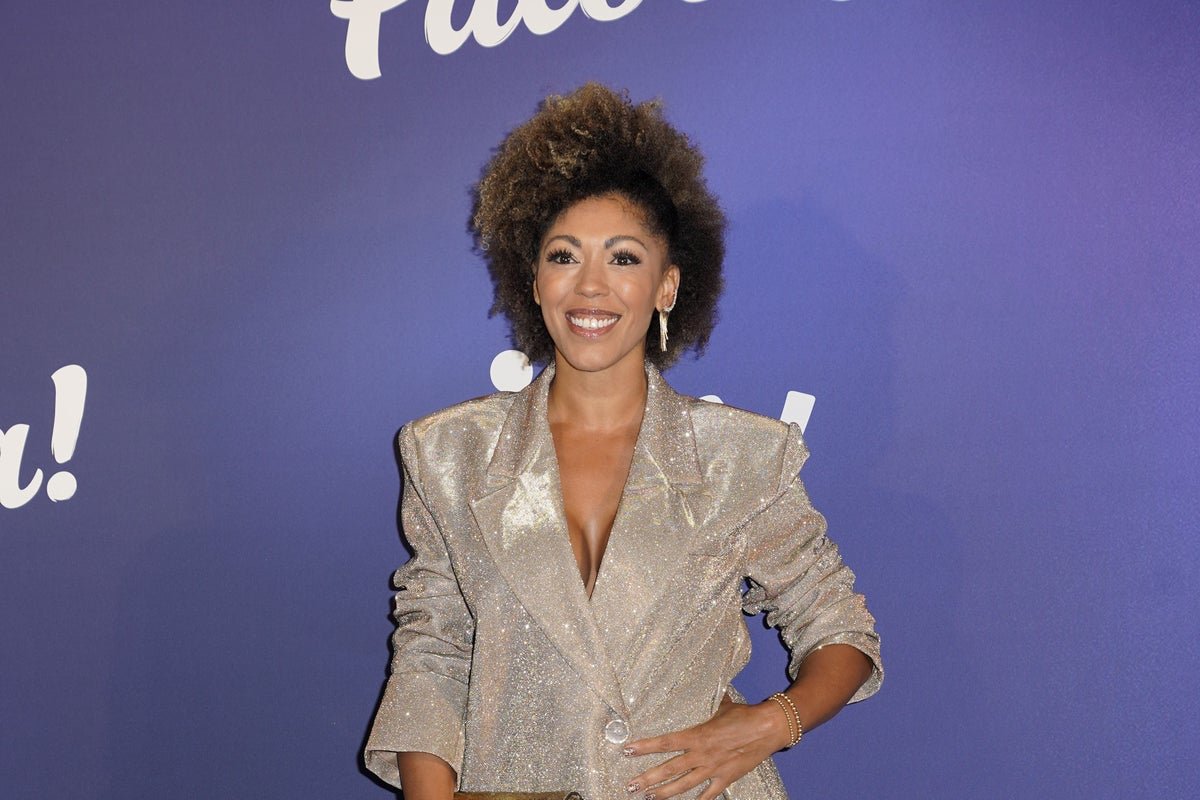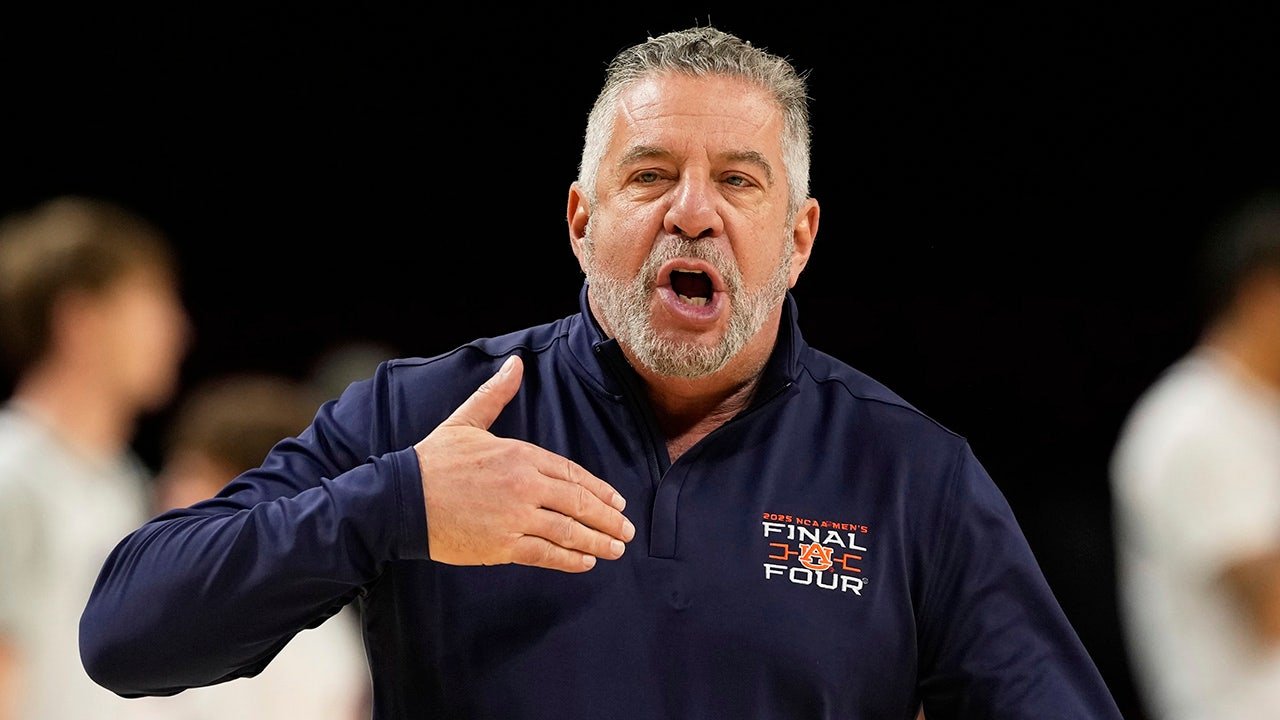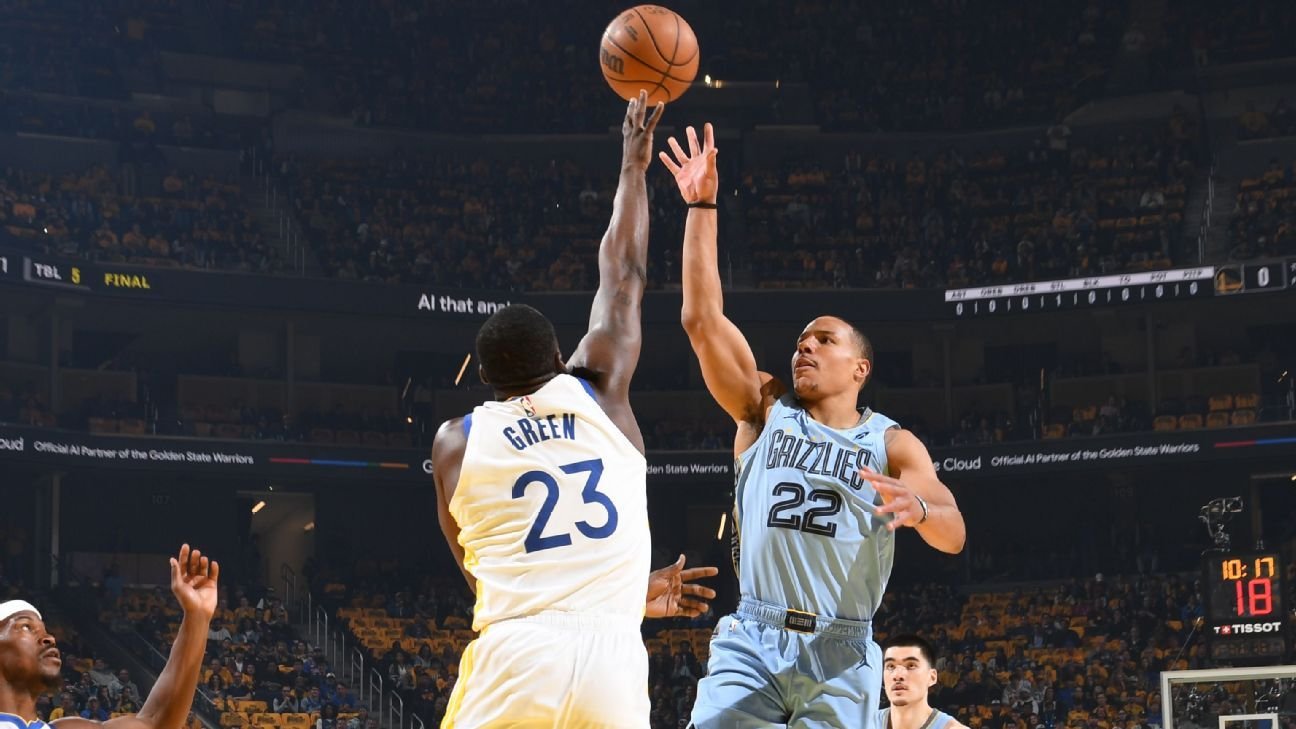Dr Zoe Williams may not be experiencing any menopause symptoms yet, but at 45, she’s making big changes so she’s ready for it.
“As a woman in my mid-40s myself, the time to start preparing for menopause is before it happens,” says ITV This Morning’s resident TV doctor. “I think inevitably, I’m in perimenopause. I’m not having symptoms, but I know at my age with certainty that my oestrogen levels are lower than they used to be. And, you know, it’s imminent.”
So the mum-of-one, a practising NHS physician in London – and former Gladiator in the original series of the iconic Nineties show – has started building more muscle and switching up her diet as she approaches menopause, when a woman’s periods stop for good.
From mood changes, hot flushes and sleep disturbance to hair loss, vaginal dryness and joint pain, women can expect some unpleasant symptoms but “Menopause isn’t all doom and gloom”, Williams says. “From our 30s onwards, we should be starting to think about [it]. If we jump our bodies the best we can, then that’s one of the best offences that we have against some of the negative consequences.”
“I’ve already started to make some lifestyle changes, and actually, it’s given me some motivation to stick with certain lifestyle changes that I know are going to help me when I do reach menopause,” she says.
Her focus now is “definitely on building strength and maintaining flexibility”, whereas before, “I used to really love to go spinning and get those endorphins hits, but now I’ve shifted because I know what’s better for me.
“I know as a 45-year-old, gaining muscle in the gym will never be easier than it is right now. I’m lifting weights because I know that if I can lay down muscle now, that’s going to help me when it becomes more difficult to lay down muscle later on.”
Oestrogen plays an important role in maintaining strength and one of the effects of menopause is a loss of muscle mass and bone density, due to the drop in oestrogen levels during this time – “Unless we do something about it,” Williams notes.
As they age, women need muscle strength and bone strength to stabilise joints and prevent injury, helping to stay mobile and independent for years to come. There’s a lot of research that links higher muscle mass to disease prevention and longer living, too.
Williams, an ambassador for menopause brand Issviva, still does cardio though. “I love walking up a hill and getting a bit sweaty, I do a dance class once a week, I will occasionally do a spin class if I feel that’s what I need but if I’m limited on time and I’ve only got 45 minutes, then I’ll prioritise what my body needs – and that’s building muscle.”
View this post on Instagram
“I’ve already started to lose muscle, partly because I’ve had a back injury and there was a period of time that I couldn’t work out. And I can see my muscles are not as strong as they used to be. So I’m working really hard to regain whatever strength I can, because I know that it’s only going to get harder as I get older.”
Muscle loss and bone loss often go hand in hand during menopause and strength training can help bone health too.
Protein has been key for Williams. “Because I’m trying to regain muscle, I started having protein shakes, which was something I very much did around the Gladiator times. I just find it a really accessible way of getting a good bit of protein into my body – I have a shake immediately after I’ve done my workout in the morning so I know that’s taken care of.”
And for the rest of her diet, “I’ve shifted from trying to eat healthily and trying to minimise foods that are not so good for me to focusing on nutrient-dense foods that I really love.”
She’s also “switched from habitual drinking to mindful drinking”.
“As we’re approaching menopause, it’s really important to make sure we’re getting enough calcium,” she adds. “I try and eat fish more often, I usually have a salad during the week for lunch and chuck mixed seeds and mixed sprouts and a few nuts. It doesn’t cost a lot of money but all the stuff I chuck in there, there’s probably about 20 different plants.
“If you’re entering your 40s and you find that you do have a bit more expendable cash than you had before, consider spending that on nourishing your body with good quality food, before anything else.”
A nutritious diet, that helps to curb blood sugar fluctuation, is understood to help manage common menopause symptoms, like hot flashes and weight gain, while also protecting your heart health.
“The number one killer of women is heart disease,” notes Williams. “It’s really important that women understand the link between menopause and heart health as women. Women tend to get heart attacks about 10 years later than men, and one of the reasons for that is that the oestrogen that we have in our bodies prior to menopause actually protects the heart. Once we lose that at menopause, our heart starts to become susceptible.”
For women who don’t take HRT (hormone replacement therapy), there will be an “uptick” in the inflammatory state of the body – “Which we know is not good for our health, it increases heart disease and type 2 diabetes,” Williams says.
“We can think of oestrogen as an anti-inflammatory chemical. Oestrogen is in every cell of our body, it’s in every system of our body and whilst we have oestrogen circulating, it’s providing an anti-inflammatory effect. So therefore, once we lose that oestrogen, the inflammatory state of our body is likely to turn in the direction of a pro-inflammatory, especially if we have lives where we’re really under stress. One of the other major things that increases the inflammatory state of our body is chronic stress, poor diets, physical inactivity, too much alcohol and smoking.
Although, she says, if women do take HRT there’s still an added benefit to lifestyle changes.
“Oestrogen is also really important to maintain the health of the tissues in the urogenital tract – the vagina, the urethra and the vulva – so it’s very common that women experience vaginal dryness [during menopause]…. as well as losing laxity and sexual pleasure.” (Issviva’s Joylux device is designed to help naturally regenerate some of the tissue in this area and improve muscle tone to combat the symptoms).
“I’ve gone through a stage of, even as a doctor, not having enough knowledge, being a bit oblivious, being like ‘I’ll deal with that when I get to it’, to almost dreading it and having too much knowledge and [hearing] all the horror stories, to now very much in a place of acceptance that this is going to happen and it’s not all doom and gloom.
“I think approaching menopause has definitely given me motivation. I feel informed, I feel empowered. But I do also feel that women, many women, are more fearful than they need to be.”
The Issviva x Joylux Device costs £299 and can be purchased from issviva.co.uk
#Zoe #Williams #preparing #body #menopause #30s #40s #perfect #time



